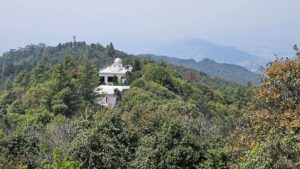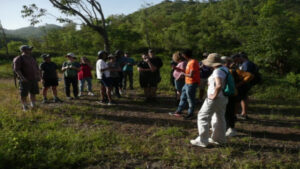FS 3.187: Digital transition of outdoor sports and tourism in mountain area
Details
Full Title
Digital transition of outdoor sports and tourism in moutain area : transformation of practices in recreational activities, research and management
Scheduled
—
Convener
Co-Conveners
Assigned to Synthesis Workshop
—
Categories
Adaptation, Policy, Tourism, Others
Keywords
digital transition, outdoor sports, management, tourism
Description
As our societies enter the digital age, the daily lives of residents, decision-makers and socio-economic stakeholders are being transformed. Digital tools, and the data produced by their use, accompany us in many of our activities. Since the 2000s, research has studied the effects of the growing power of digital technology in transforming our lifestyles (travel and mobility, media and communication, production and consumption patterns or leisure). This digitalisation also concerns outdoor sports practices, and associated tourism, in mountain areas. It facilitates the dissemination of information both to prepare an outing (where, conditions and accessibility) and to help with the practice live (guiding and securing). In parallel, mountains are at the forefront of areas targeted by outdoor sports, questioning the impacts of such practices on the sensitive and rare natural environments of high mountains. Inadequate behaviors or a growing anthropic pressure might threaten these fragile ecosystems, while the rising visitor number might support tourism diversification and draw transitional perspectives. The aim of this session is therefore to discuss two main issues. Firstly, it will discuss the transformations linked to digital technology in mountain recreational uses and practices, and document the social, cultural, energy, legal, and regulatory issues involved (concentration on specific sites, promotion on social networks, buzz, etc.). Secondly, it will welcome work on the integration of these uses and the data they produce (specifically digital footprints) in academic work and in mountain area management models (to which point? and in which way?).


